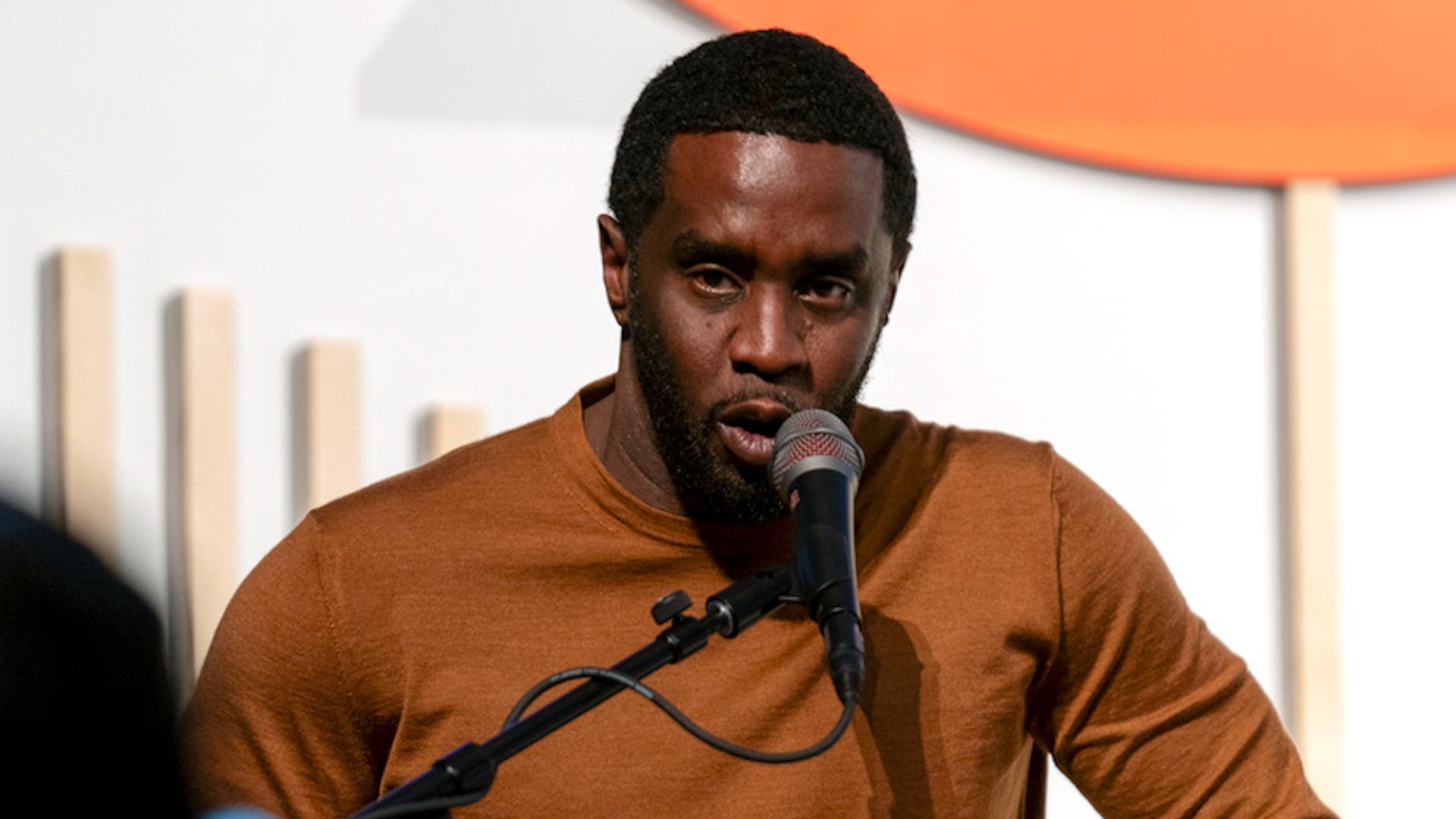
If Sean Diddy Combs is convicted of sex trafficking by force he will go to prison for a minimum of 15 years and he could receive up to a life sentence. The criminal code regarding trafficking in the United States is comprehensive and carries significant punishments thanks to an almost entire rewrite of the statutes that became law in 2000.
Congressman Chris Smith wrote the law. He called it the most comprehensive he’s ever written.
Bogan: “What was it about the state of the Criminal Code at that time that needed improvement?”
Rep. Chris Smith, R-N.J.: “Well, the Criminal Code was almost nonexistent. There were almost no prosecutions. The fines or jail time were not commensurate with the heinous act of human trafficking, sex or labor trafficking, and when we looked at it, I talked to a whole group of US Attorneys, including the US Attorney from New Jersey, and they had no cases to speak of, because they say, well, there’s, there’s no, you know, we have no nothing compelling in the law to go after someone who does these things. So we did a comprehensive laws. My law called the Trafficking Victims Protection Act of 2000 took three years to get enacted. It was opposed by the Clinton administration on the record that at the end of the day, he actually did sign it, and it was grateful for that, but it was against almost everything in it. It was held up in the Senate, and it provides that if the child is 14 or less, they could get life imprisonment. If they are a minor haven’t reached the age of 18, we put in a provision that said, if there’s one commercial sex act and you’re not 18 and there’s no it doesn’t matter that’s an act of human trafficking, just one, because it’s horrible, what it does is rape.”
Bogan: “I can’t imagine when you wrote this, you thought a music mogul would be prosecuted with it. Was there a particular organization or cartel or just group of people who were committing these crimes at the time that needed to be targeted?”
Rep. Chris Smith, R-N.J.: “You know, the false assumption that many of us had was that it was more of an overseas thing. You know, with the break with the Soviet Union, the KGB went into selling women and drugs and women as well as weapons. So there was this sense that trafficking was over there. It didn’t take long for all of us to realize, which is why we wrote the law to be a domestic law as well, that it’s right here in our backyard. And you know the gangs, particularly the gangs coming in from central South America, they are notorious for their trafficking.”
In addition to punishments for perpetrators, Smith’s bill created training programs for flight attendants, hotel employees and other travel industry employees who are in positions to identify trafficking victims and notify authorities.
Smith also wrote the law used to charge financier Jeffrey Epstein before his death. Smith has dedicated much of his career to human rights.
Bogan: “What was it that inspired a New Jersey congressman to dedicate so much of your time in Congress to human trafficking.”
Rep. Chris Smith, R-N.J.: “Well, I do work a lot on human rights, in general, religious freedom, all the human rights issues across the board. What we saw with the breakup of the Soviet Union and East Bloc countries, that there was a huge increase in human trafficking. The Internet enabled a lot of it too, as that broke onto the scene. So, so this idea of buying and selling women coercively or minors, it was like nobody’s addressing this. There has to be a penalty phase, but not for the women. We hold them harmless. And that was one of the sea changes that we put into the law, that no woman could be prosecuted as a victim.”










